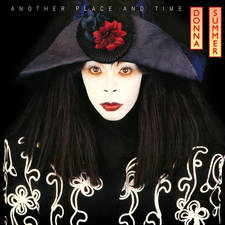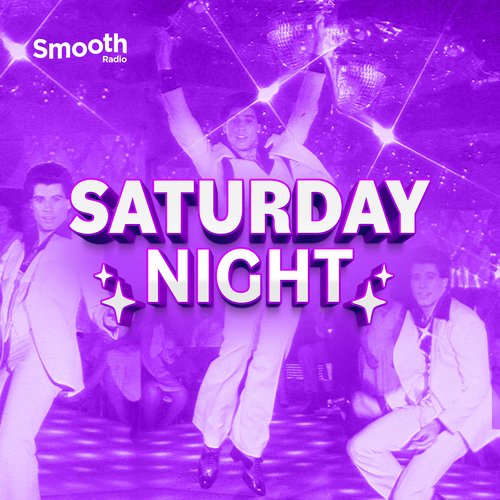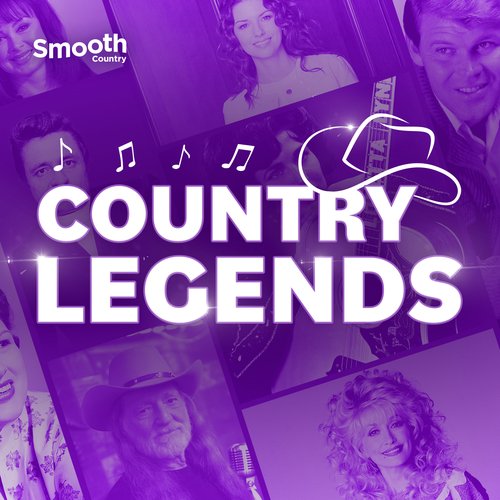The poignant song George Michael wrote about his heroes John Lennon and Elvis Presley
10 January 2024, 11:09
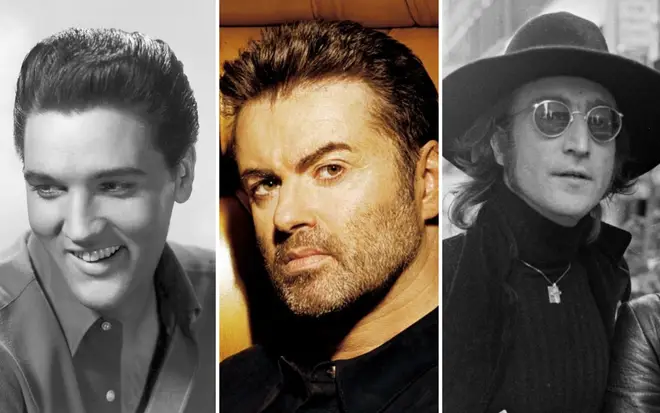
Listen to this article
His songwriting was certainly more challenging than many believed.
George Michael penned the majority of his own songs, though he was perhaps not given the credit he deserved as a songwriter throughout his career.
Understandably, as he was the full package as a pop star, it was frequently what he categorised as especially in George's earlier days with Wham!.
But as he grew in stature as an artist, George had full involvement with his music from top to bottom.
From the initial songwriting, to recording and production, to the aesthetic of his iconic music videos, George had a hand in it all.
- When George Michael invited Andrew Ridgeley to perform on stage together for the very last time
- George Michael's 20 greatest songs ever, ranked
- The one George Michael song Elton John admitted he was "jealous of"
- When George Michael joined Paul McCartney for incredible rendition of a Beatles classic
As he grew older, his songwriting became more reflective and meaningful, especially after experiencing tragedy in his life such as the loss of his lover Anselmo Feleppa and his beloved mother.
In one particular song he released towards the tail end of his career, George even questioned God, using two late music icons to hammer home his point.
The music icons George Michael referred to? John Lennon and Elvis Presley, both of which were heroes of George's were both dead before he became a global superstar.
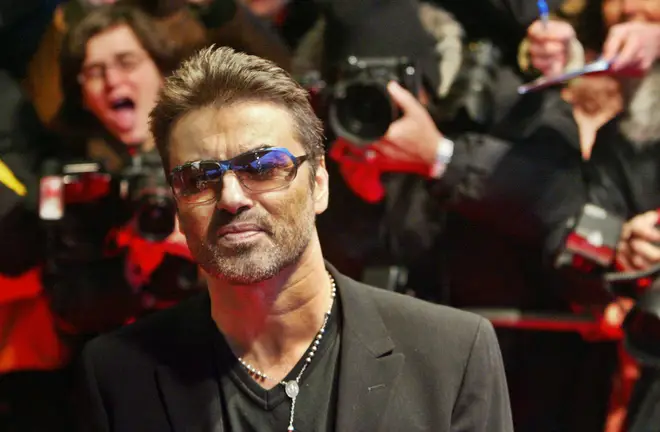
Referencing two legends of music in relation to religion and the divine was a perfect vehicle for George's greater question, given the deification of musicians and celebrities in modern culture.
His 2004 song 'John And Elvis Are Dead' follows the concept of theodicy, the question of why God allows bad things to happen to good people.
George poignantly asks in the song: "If Jesus Christ is alive, then how come John and Elvis are dead?"
In relation to Lennon, his public image was painted as a political revolutionary on the right side of history because of his peace activism - who can forget his timeless peace anthem 'Imagine', as well as songs such as 'Instant Karma!' and 'All You Need Is Love'.
Despite fighting the good fight, he was still tragically murdered in a shocking incident just outside of his New York apartment on 8th December 1980.
Though Elvis Presley may have not been such a saintly figure in the public eye, his premature death at the age of just 42 in 1977 shook the world to its core.
But 'John and Elvis Are Dead' sounds nothing like the icons it references, instead feels like a smooth R&B number with flamenco influences that feel more akin to a Michael Jackson ballad or even Usher.

George Michael - John And Elvis Are Dead (Official Video)
Released on George's 2004 album Patience, and later as a single, George discussed the overall mood of the album in an interview with Attitude magazine that year.
"It's kinda very light and very dark at the same time," he revealed. "There are proclamations of love that I’ve never made before."'
"Certainly since Wham!, and then there's going further into the truth at the same time, like on 'My Mother Had a Brother' or 'Through'. They're trying to get closer to the truth."
"There is something about the vocals on this album that's a lot more confident, more certain," George proudly admitted.
"Even though I love Songs From The Last Century and Older, there's an energy level to this record that I haven't had since before all the sh*t started, before I met and lost Anselmo and my mother died."
"If you think about the energy of freedom on Listen Without Prejudice, I don't think I had that energy to give again until last year. Which is why 'Amazing' reminds me of Wham! more than anything I've done."
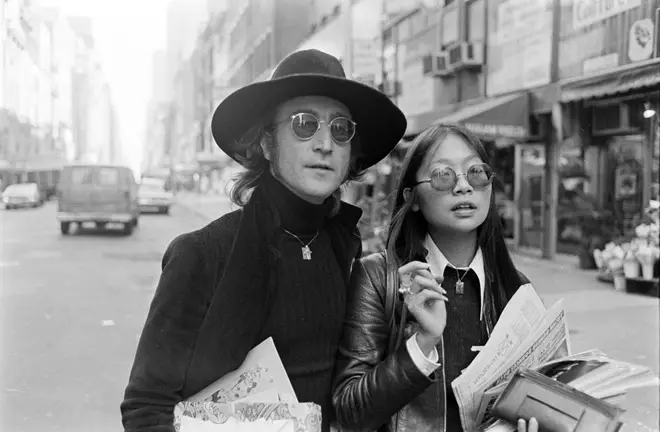
- When George Michael broke hearts with his beautiful cover of a Bonnie Raitt classic
- The powerful moment George Michael first locked eyes with ‘future soulmate’ in audience
- George Michael revealed there was one Amy Winehouse song he couldn’t live without
- Remember when a fresh-faced George Michael became a Pop Quiz trivia king on TV?
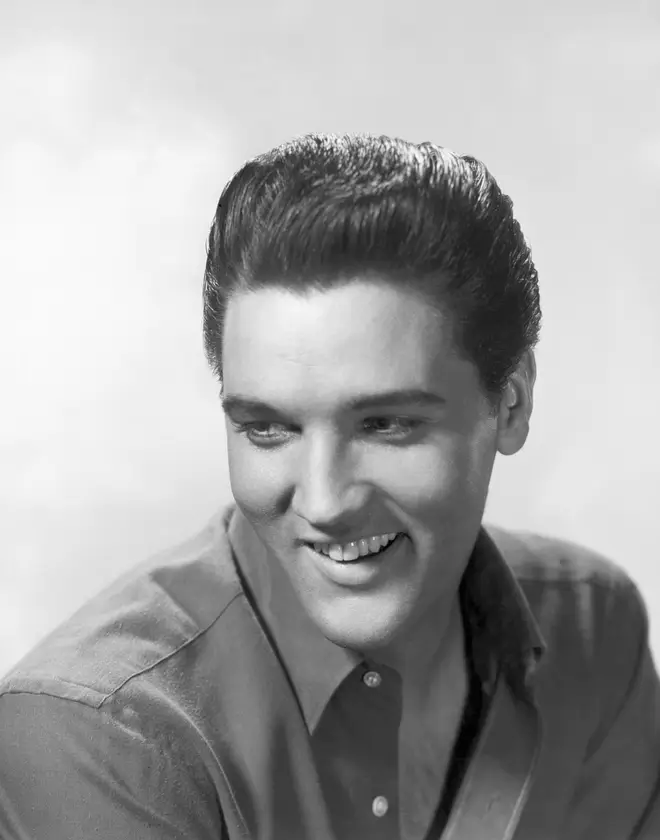
In 'John And Elvis Are Dead', George delves deep into the idea of religion and how his own heroes are even greeted with a 'godlike' perception.
As well as John Lennon and Elvis Presley, George also mentions Marvin Gaye in the chorus, and the music videos feature more of his own personal heroes - alive and dead - such as Aretha Franklin, Debbie Harry, Stevie Wonder, David Bowie, Vivienne Westwood, Princess Diana, Elton John, and Nelson Mandela.
Though the song is rich in substance and an infectiously sultry groove, it didn't perform particularly well in the charts, but swiftly became a fan favourite.
Cruelly, George suffered a similar fate to the music icons he spoke of, himself a generational talent that was beloved as much on the stage as he was off it.
